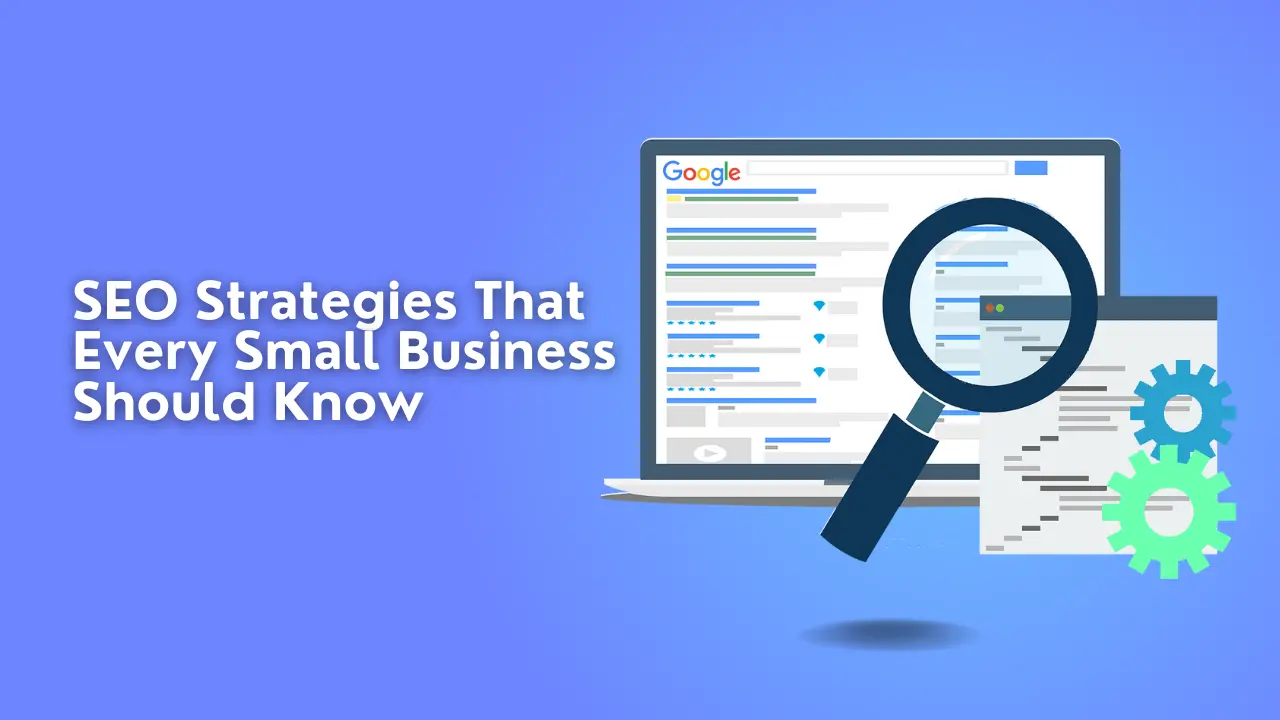
- trulyjournalofficial
- January 27, 2024
- 3:39 pm
SEO Strategies That Every Small Business Should Know
In today’s digital age, having a strong online presence is more important than ever for small businesses. And what better way to boost your online visibility than by mastering SEO (Search Engine Optimization)? SEO is the practice of optimizing your website and content to rank higher in search engine results pages (SERPs), like Google. The higher you rank, the more likely potential customers will find you.
Here are some essential SEO strategies that every small business should know:
1. Keyword Research:
Keywords are the words and phrases that people use to search for information online. Your first step should be to identify relevant keywords that your target audience is likely to use. Tools like Google Keyword Planner and Ahrefs can help you with this.
Once you have a list of keywords, prioritize them based on their search volume and competition. Focus on long-tail keywords (3 or more words) that are more specific and have less competition.
2. On-Page Optimization:
- Once you have your keywords, it’s time to optimize your website content and pages. This includes:
- Including your keywords in your website titles, meta descriptions, and headings.
- Writing high-quality content that is relevant to your target audience and keywords.
- Using internal linking to connect your website pages together.
- Optimizing your website images with alt tags.
3. Technical SEO:
- Technical SEO is all about making sure your website is crawlable and indexable by search engines. This includes:
- Having a mobile-friendly website.
- Having a fast loading website.
- Using a secure website (HTTPS).
4. Off-Page SEO:
- Off-page SEO is all about building backlinks to your website from other websites. Backlinks are like votes of confidence from other websites, and they can help improve your website’s authority and ranking in SERPs. Some ways to build backlinks include:
- Guest blogging on other websites.
- Submitting your website to online directories.
- Creating shareable content that people will want to link to.
5. Local SEO:
- If you are a local business, it’s important to optimize your website for local search. This includes:
- Claiming your Google My Business listing.
- Citing your NAP (Name, Address, and Phone Number) consistently across the web.
- Getting positive reviews from customers.
6. Track and Analyze Your Results:
- SEO is an ongoing process, so it’s important to track your results and make adjustments as needed. Use tools like Google Search Console and Google Analytics to see how your website is performing in search engines.
Bonus Tips:
- Stay up-to-date with the latest SEO trends. Google’s algorithm is constantly changing, so it’s important to stay informed about the latest updates.
- Be patient. SEO takes time and effort, so don’t expect to see results overnight.
- Get help from a professional. If you’re not sure where to start, consider hiring an SEO agency or consultant to help you with your SEO strategy.
By following these SEO strategies, you can improve your website’s ranking in search results and attract more potential customers to your business. Remember, SEO is a marathon, not a sprint. Be patient, consistent, and keep learning, and you’ll eventually see results.